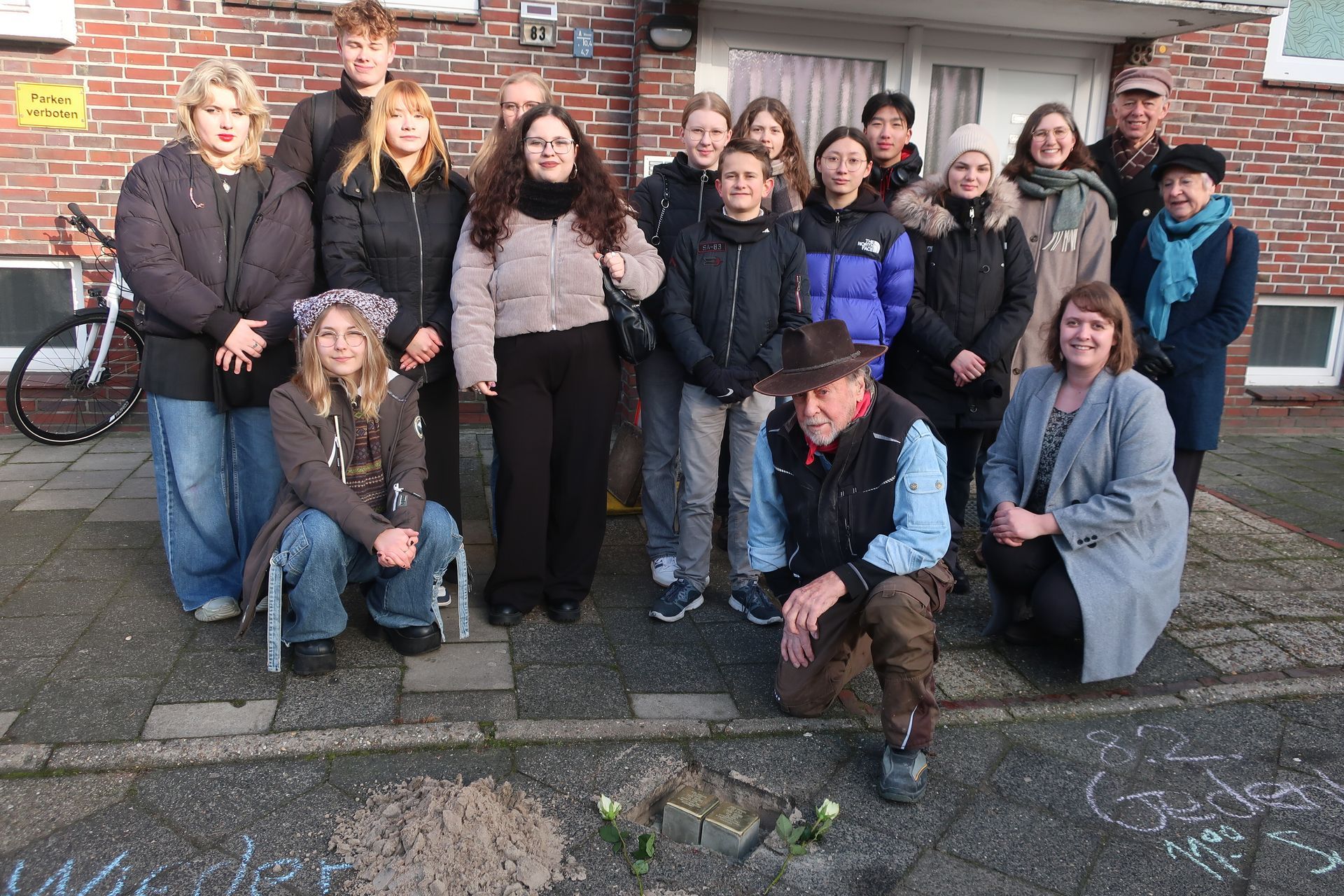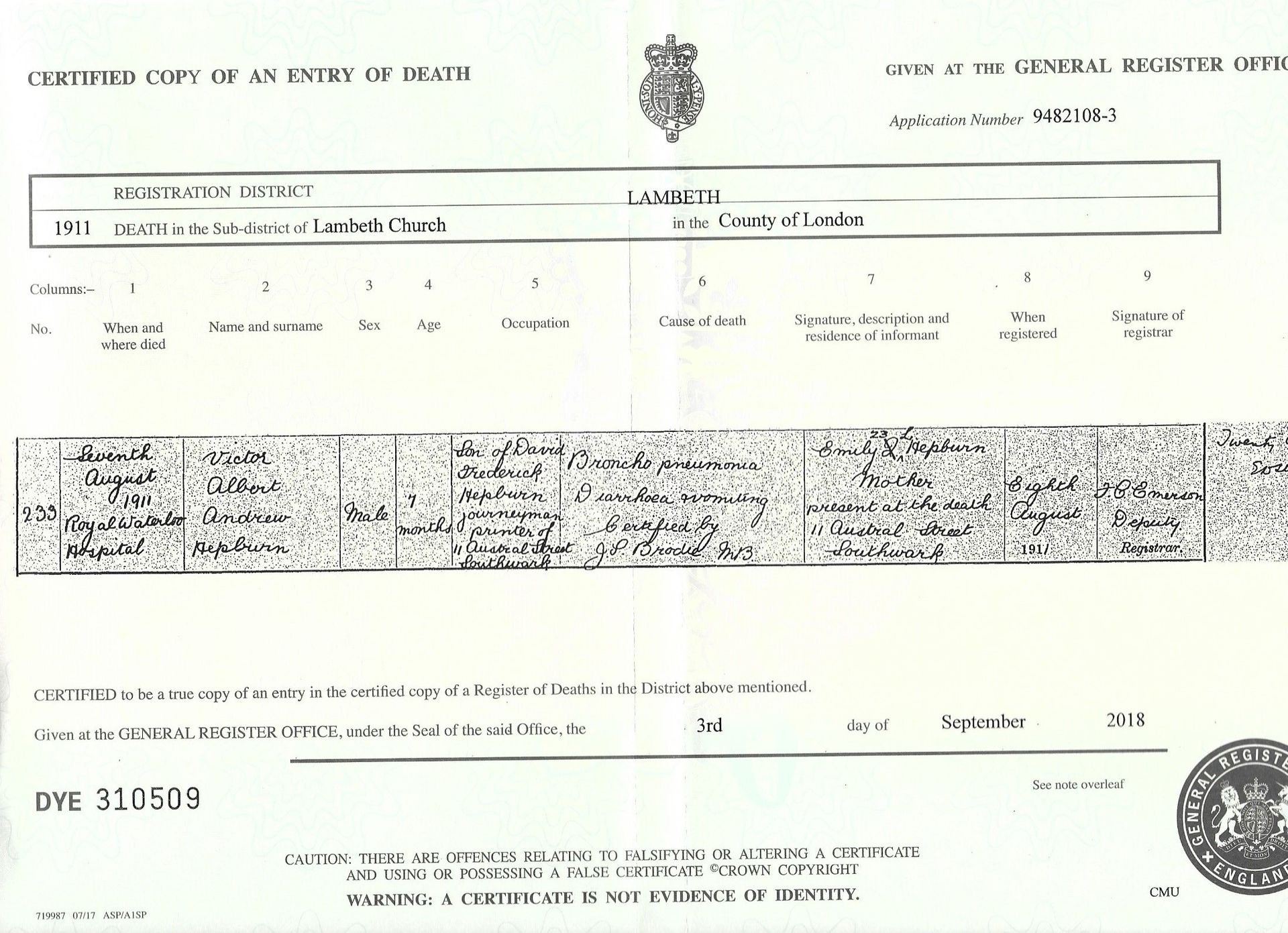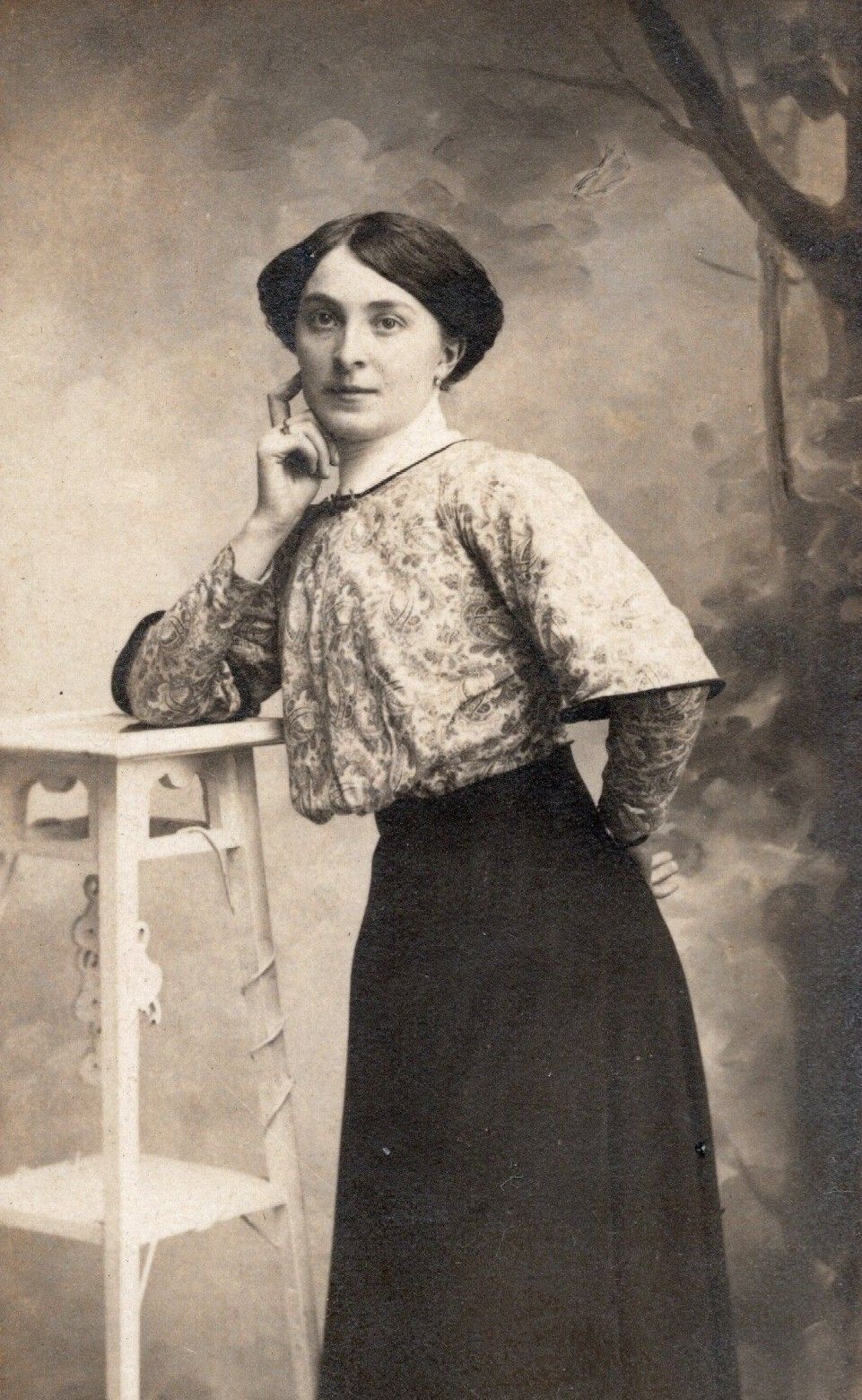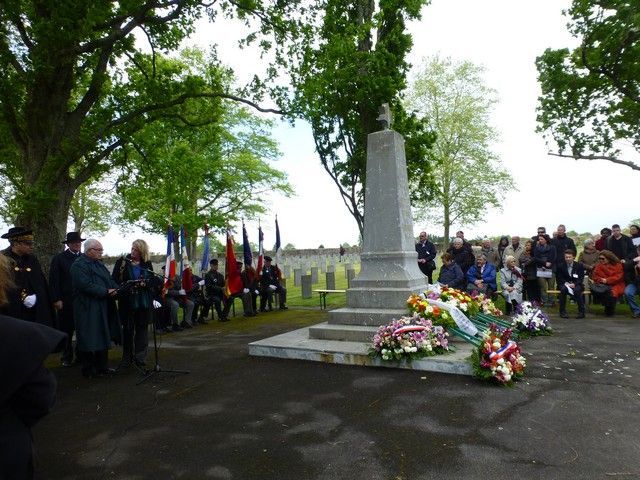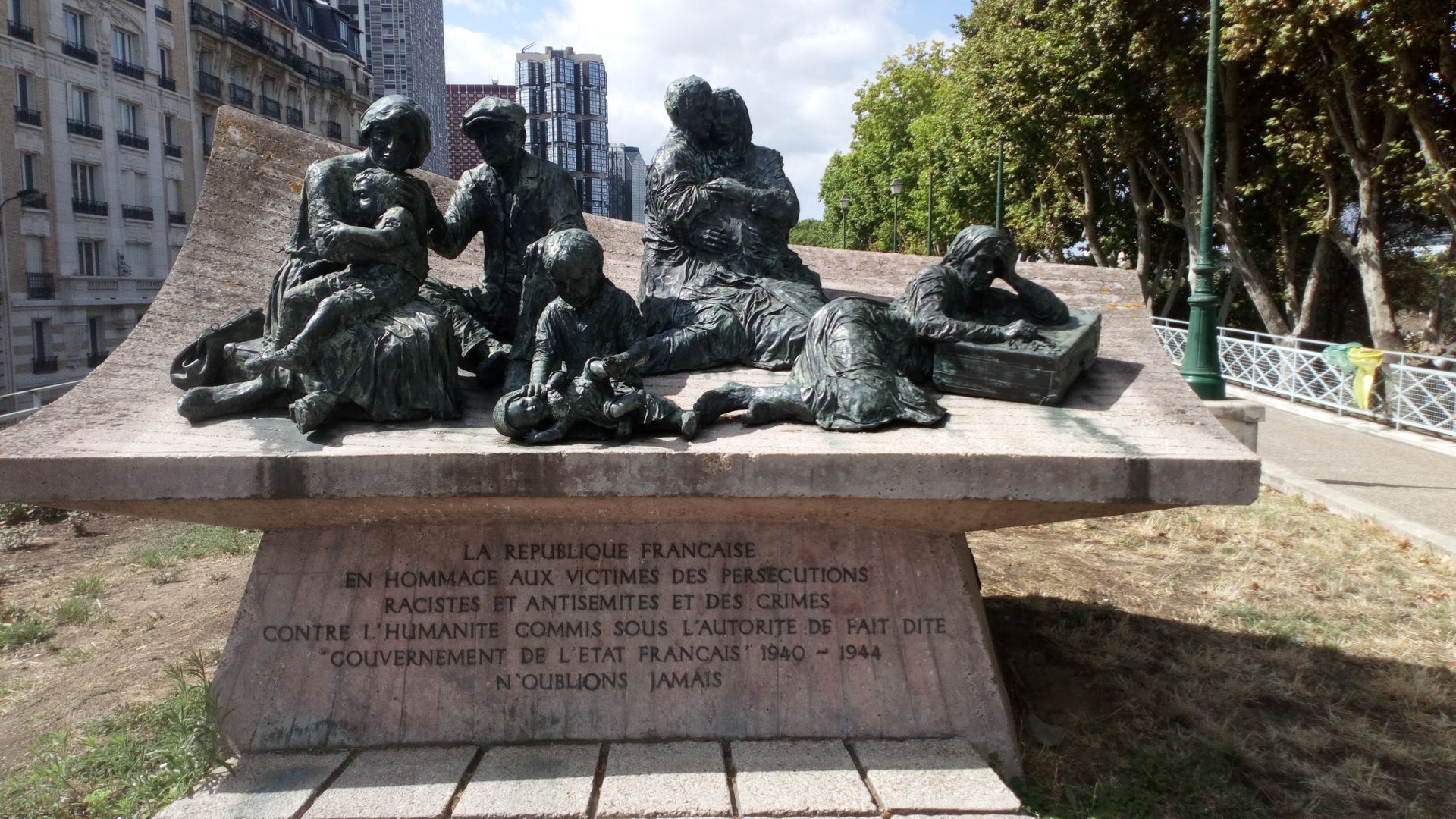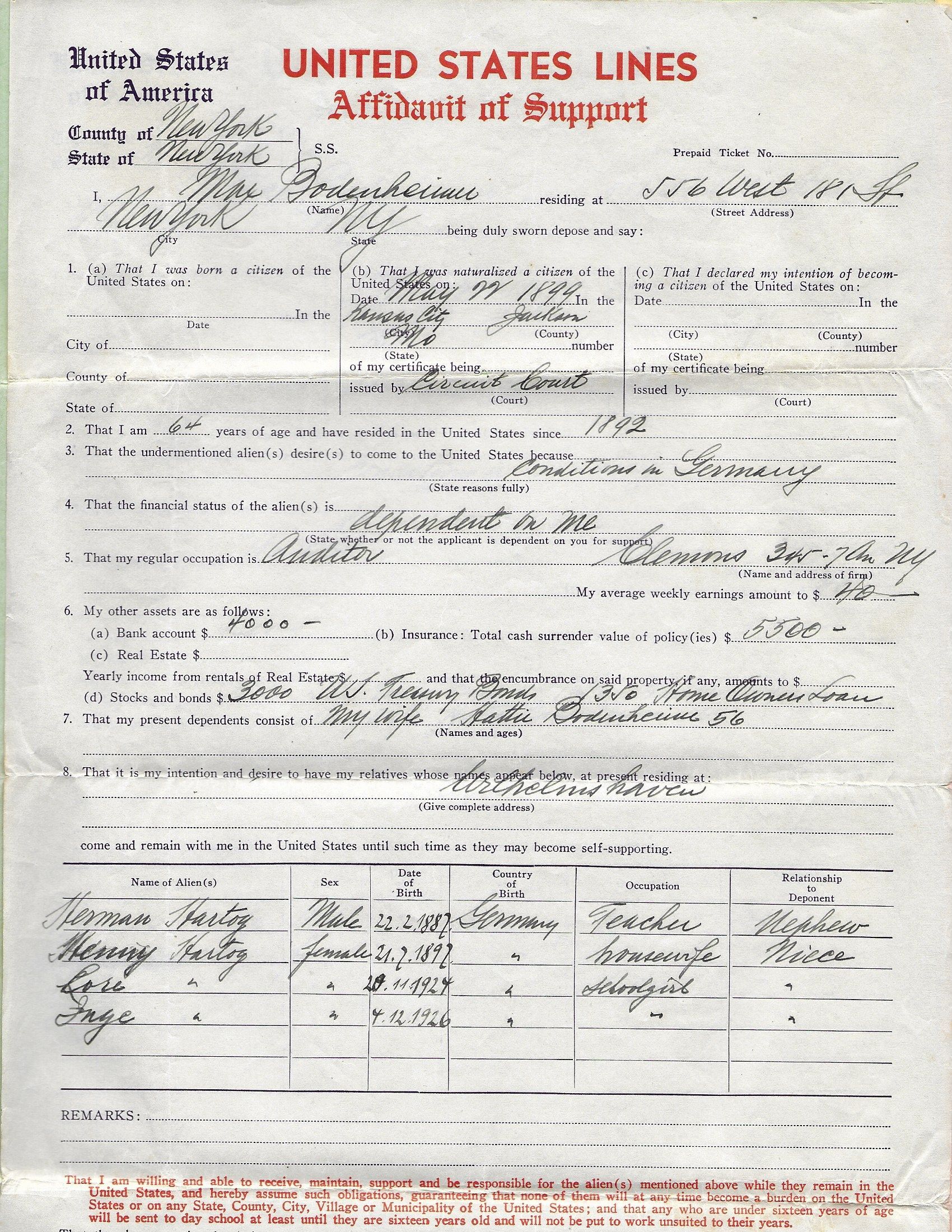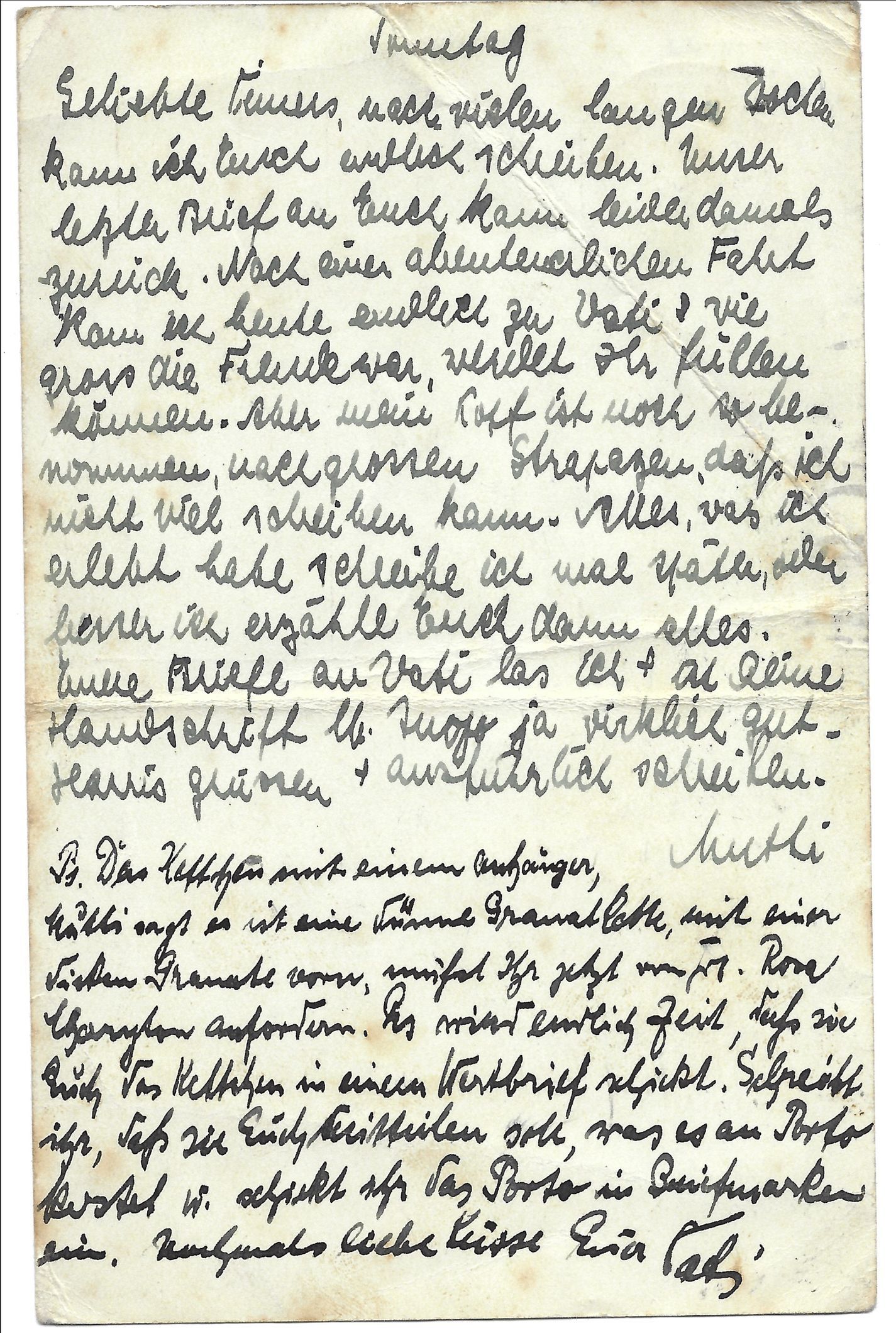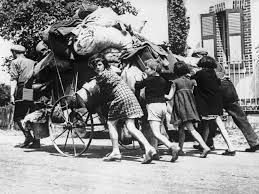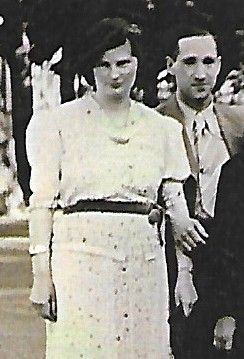acknowledging fear in wartime
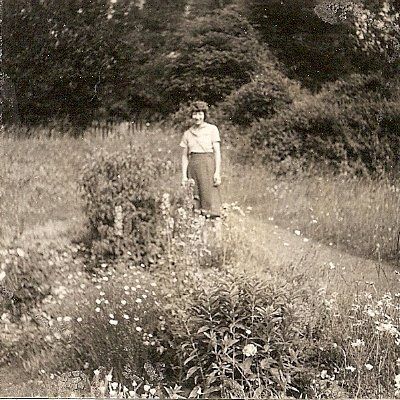
The whole point of the sustained bombing attack that Germany inflicted on Britain from September until November 1940 was to destroy morale. Night-time raids accentuated the fear factor. Fear not only affects people's mental abilities, it is also often contagious.
Virginia Woolf described her fear during an air raid. 'During those seconds of suspense all thinking stopped. All feeling, save one dull dread, ceased.' It was hard for most people to express this fear, but it was noticeable in other ways.
From November 1941, Herbert Sulzbach's diary records his hospitalisation for serious abdominal complaints. Five months later, he improved markedly when he received a letter from his brother; their first communication since the outbreak of war.
Readers of letters and diaries from this period notice an increase in the recording of stress-related physical ailments, a distortion of writing styles as people try to cope - and a tendency for the full stop to puncture the page.
In July 1944 a bomb demolished part of the house where Herbert Sulzbach's wife was lodging. She was terrified, anguished and distraught. A refugee in exile, this was the second time that her home in England had been destroyed. Sulzbach was given compassionate leave to join her.
During the following nights he experienced the 'frightening monstrosity' of the V1s. But in the early morning, he would emerge from the shelter and look around. 'How joyful the world seemed to me. Breakfast in the garden, among the dead roof tiles and the living garden flowers, was wonderful.'
(text © Ainslie Hepburn, photo, showing the garden a year before the bomb fell, © Yvonne Klemperer)
